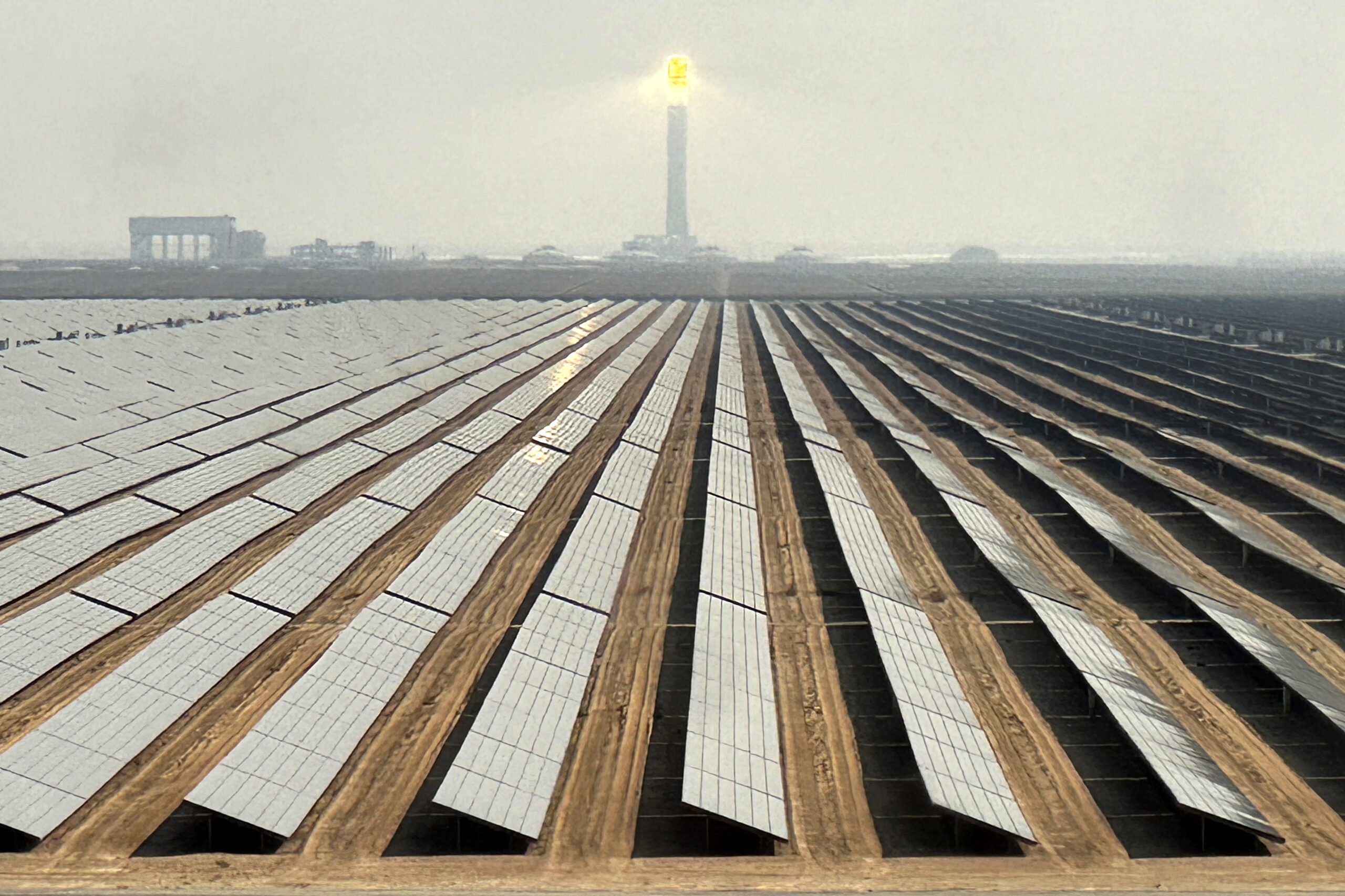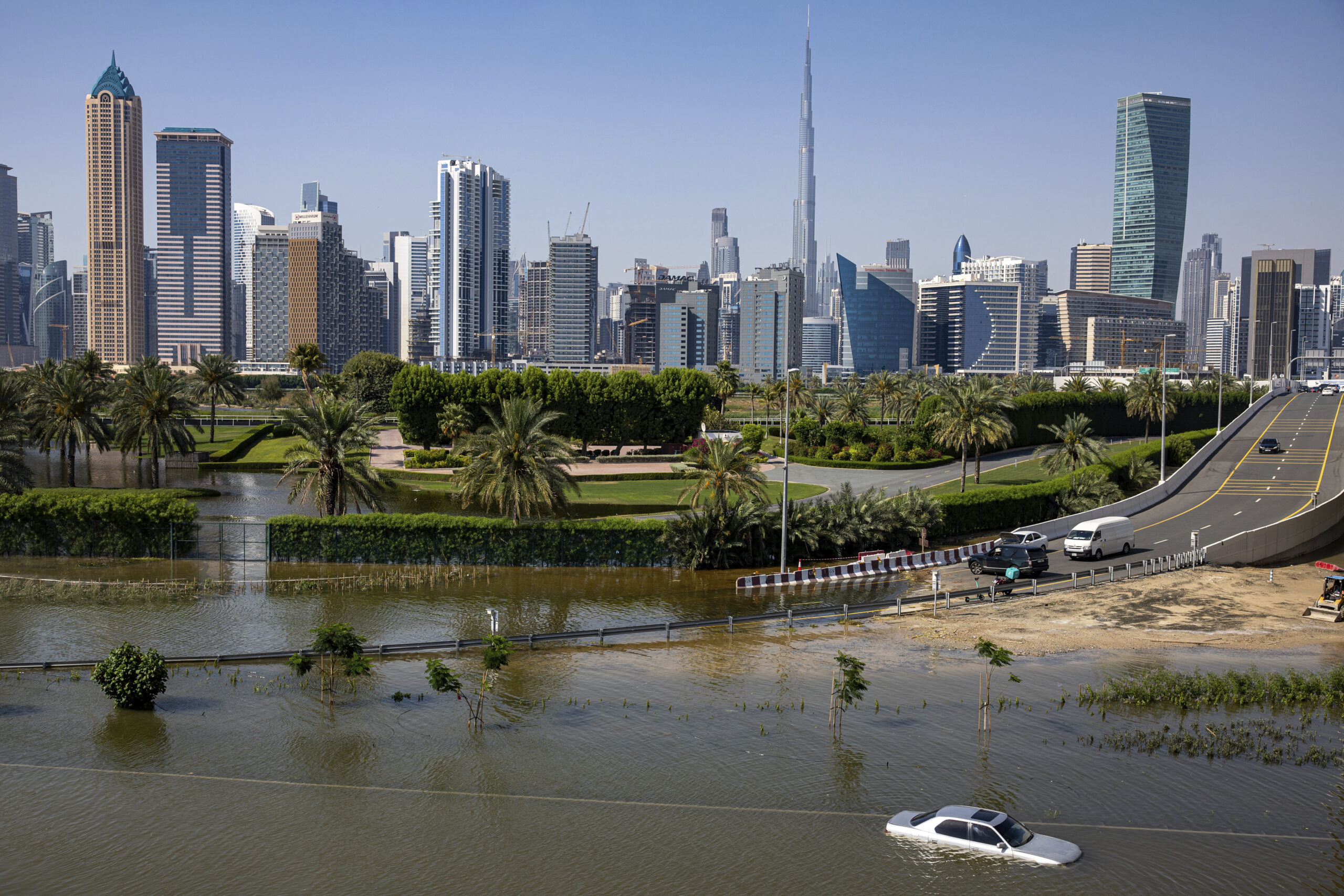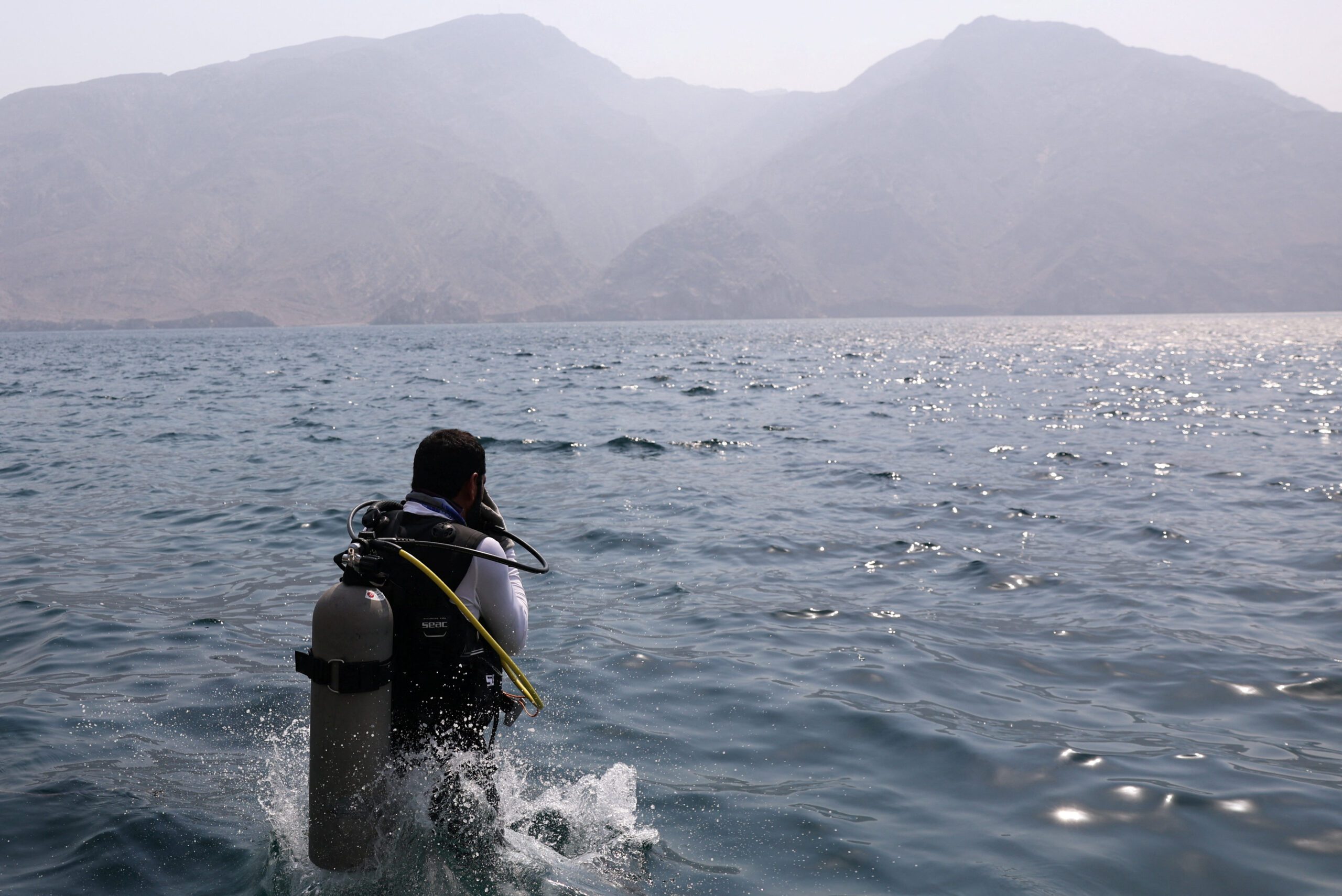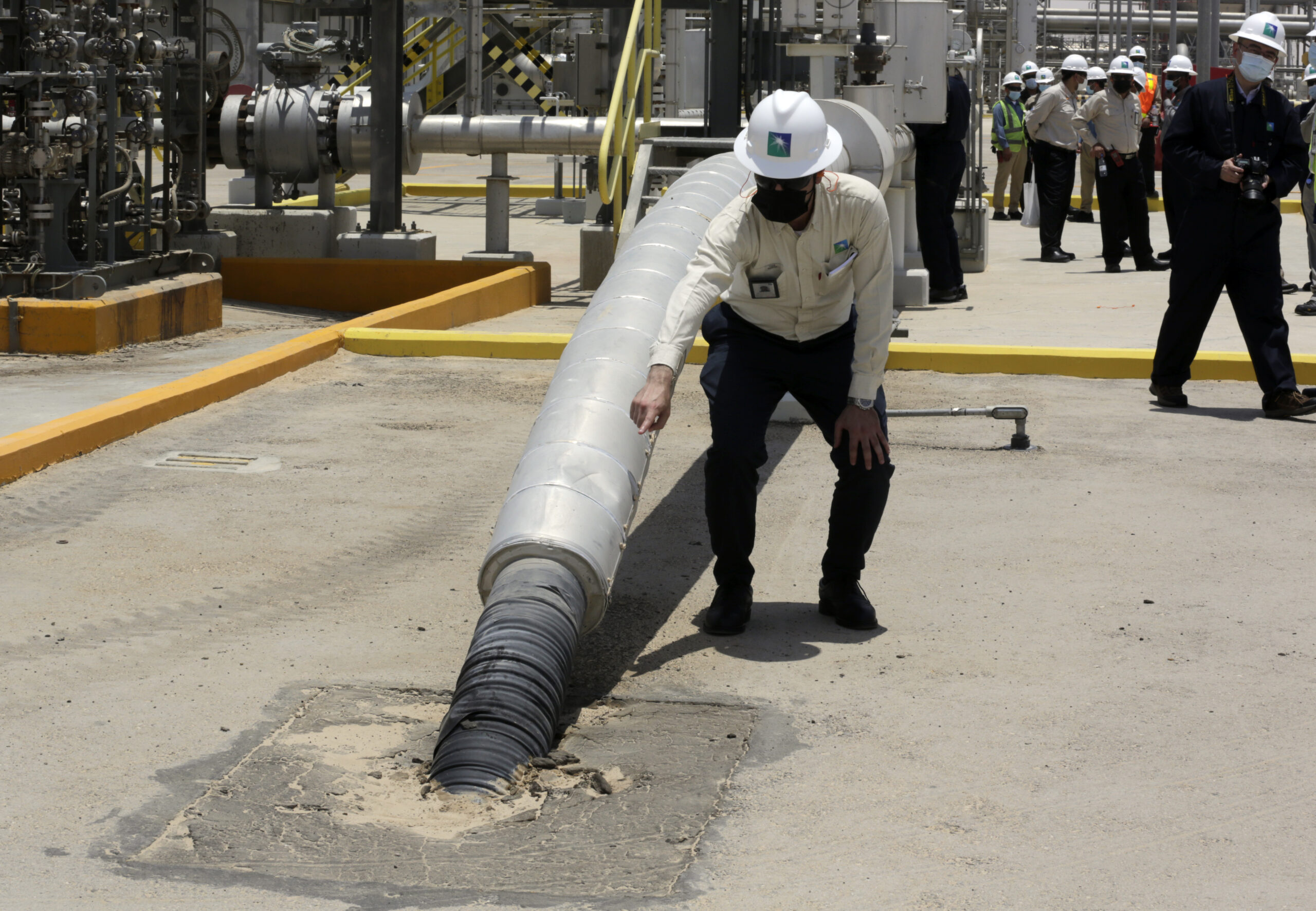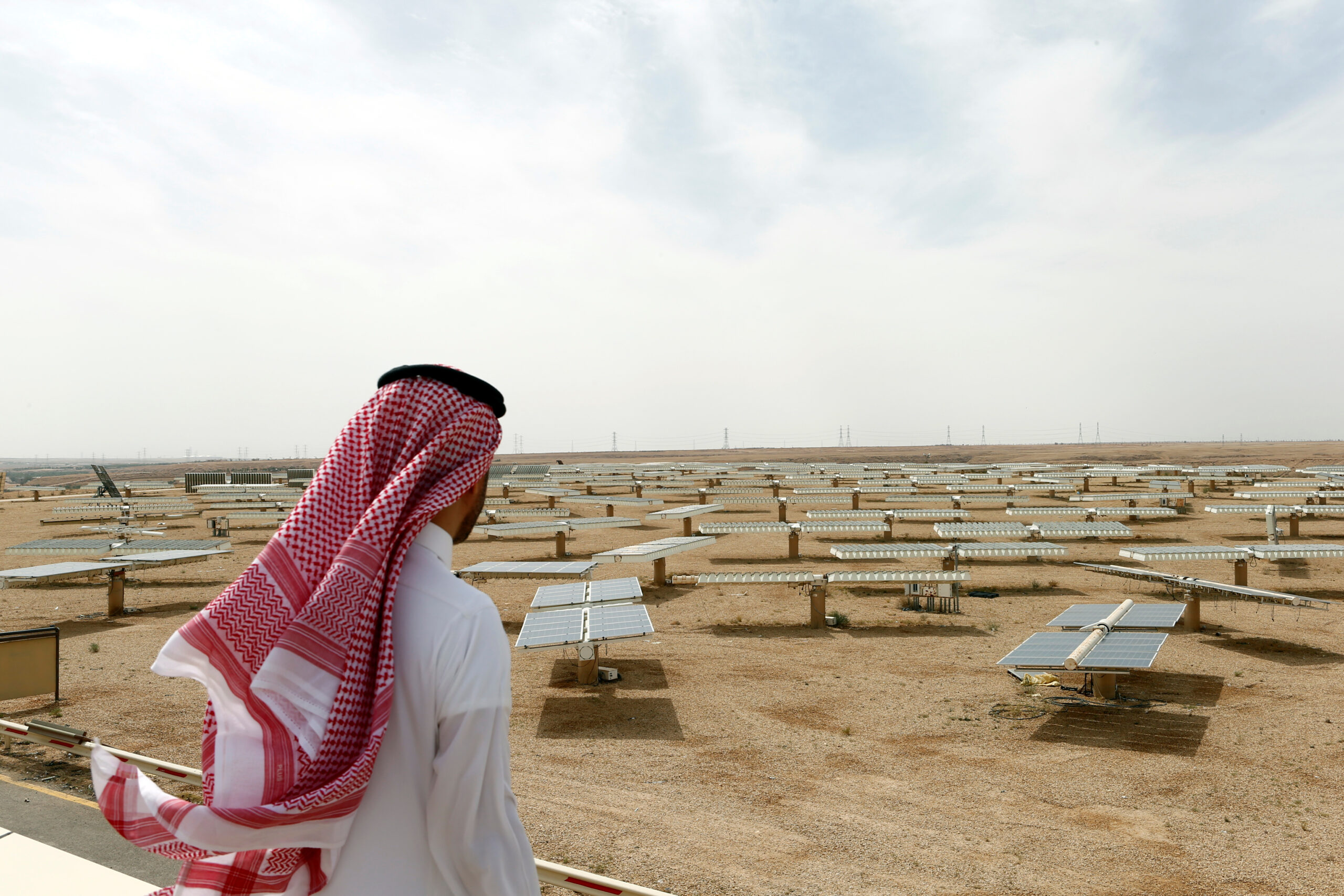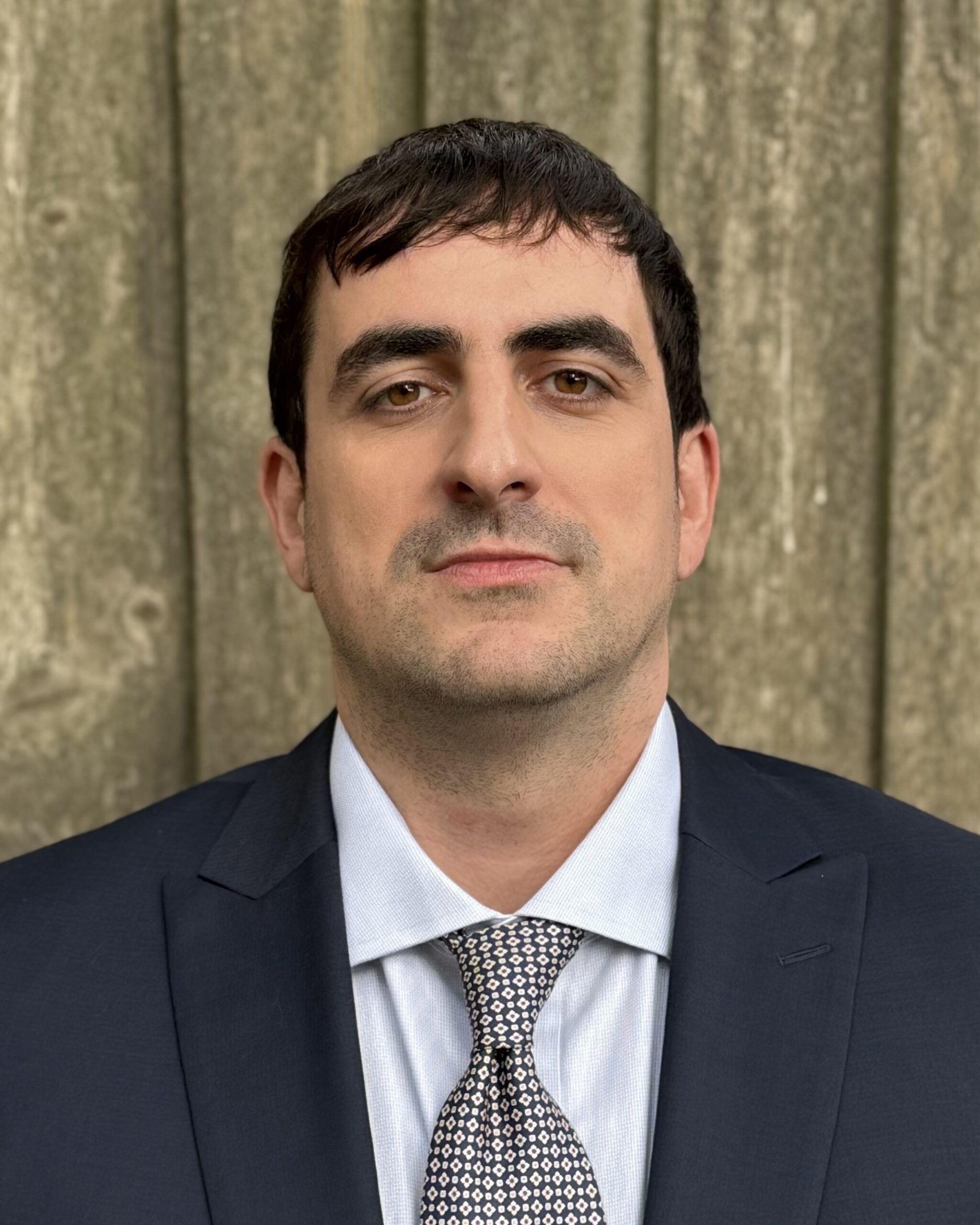
Christopher Gooding
Contributor
Christopher Gooding is an energy transition analyst at Cornucopia Capital, where he focuses on global decarbonisation strategy, investment opportunities in clean infrastructure, and emerging climate technologies. He has experience in renewable energy compliance, carbon certification, and renewable energy market development across Europe and the Gulf and has contributed analysis on sustainability and energy policy for both public and private sector clients.
